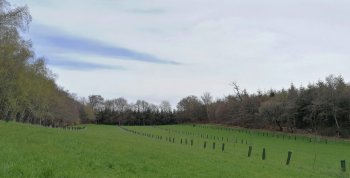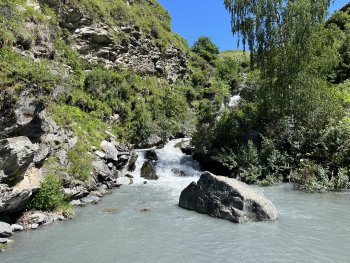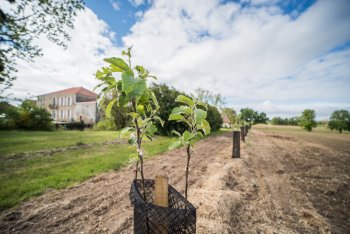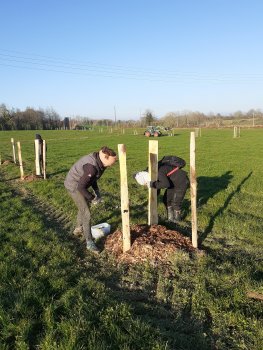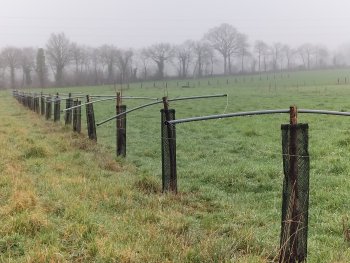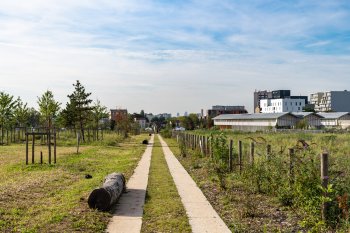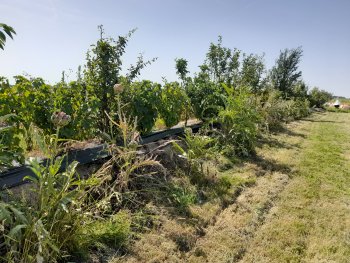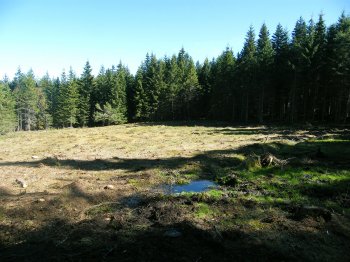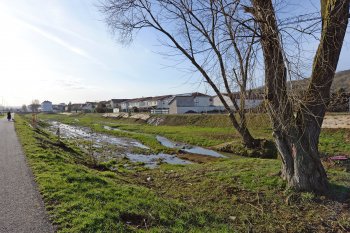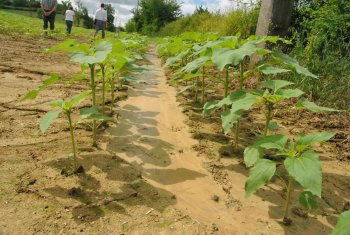Raulhac orchads - Harnessing agroforestal techniques for sustainable ecosystem management in Auvergne
- For adapting to climate change : creating microclimates and boosting the resistance of crops to increasingly frequent droughts in the Corrèze, and introducing nitrogen-fixing tree species.
- For biodiversity : creating ecological continuities between natural areas of ecological, faunistic and floristic interest (ZNIEFF) and improving the general condition of the soil.
- For the local area : integrating these developments into local supply chains (fruit production, heating, firewood, use in livestock farming, etc.)

